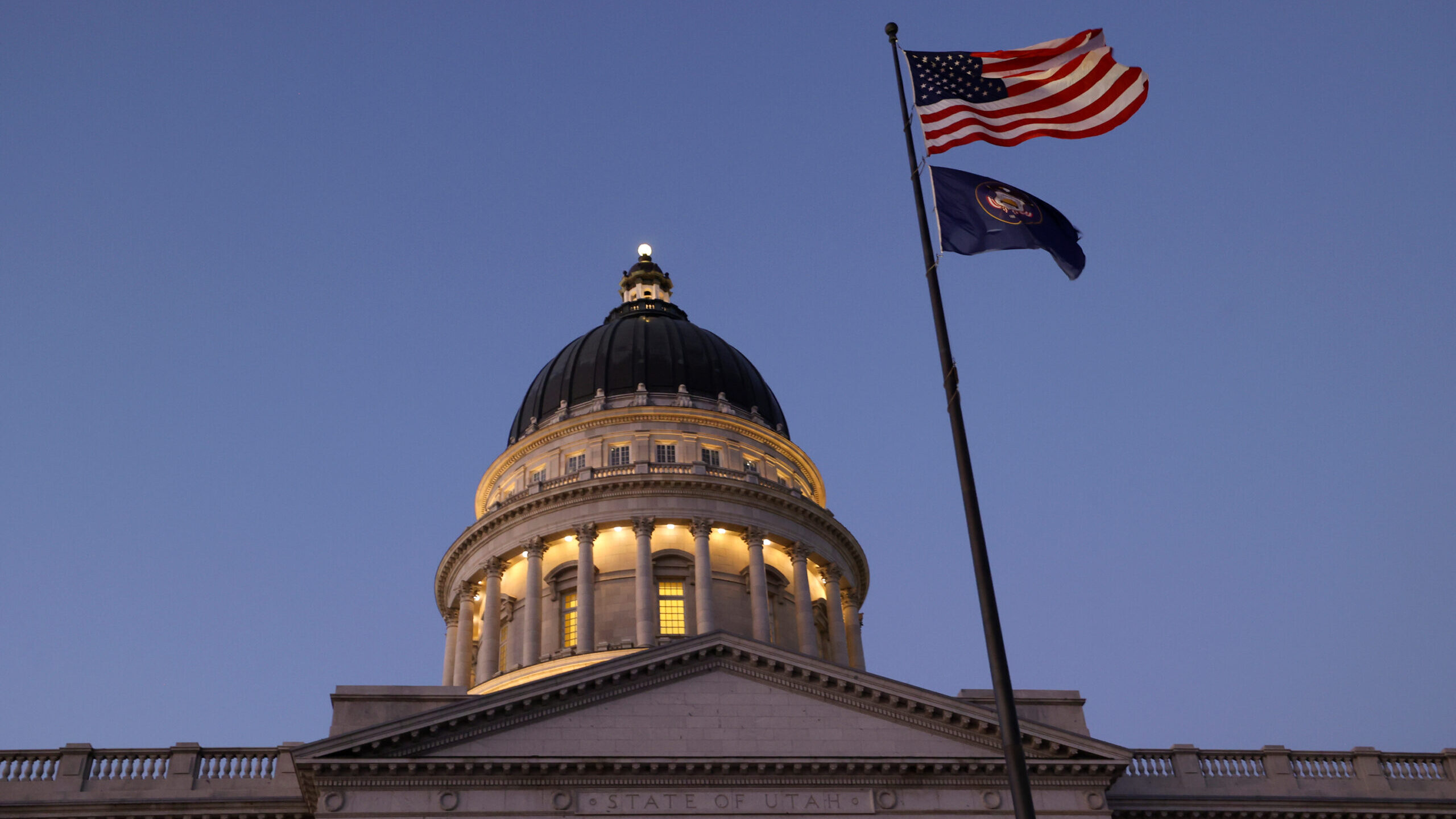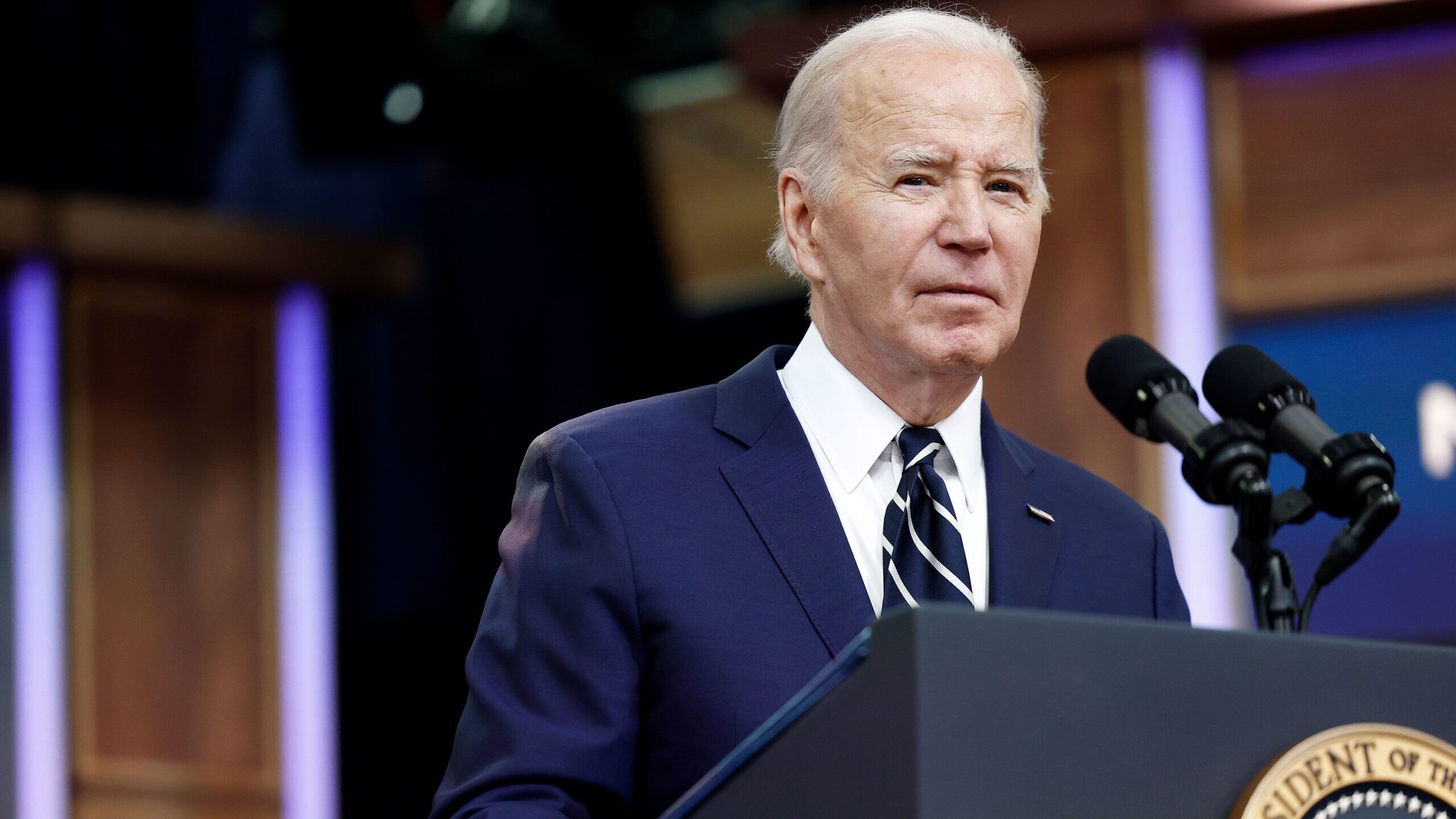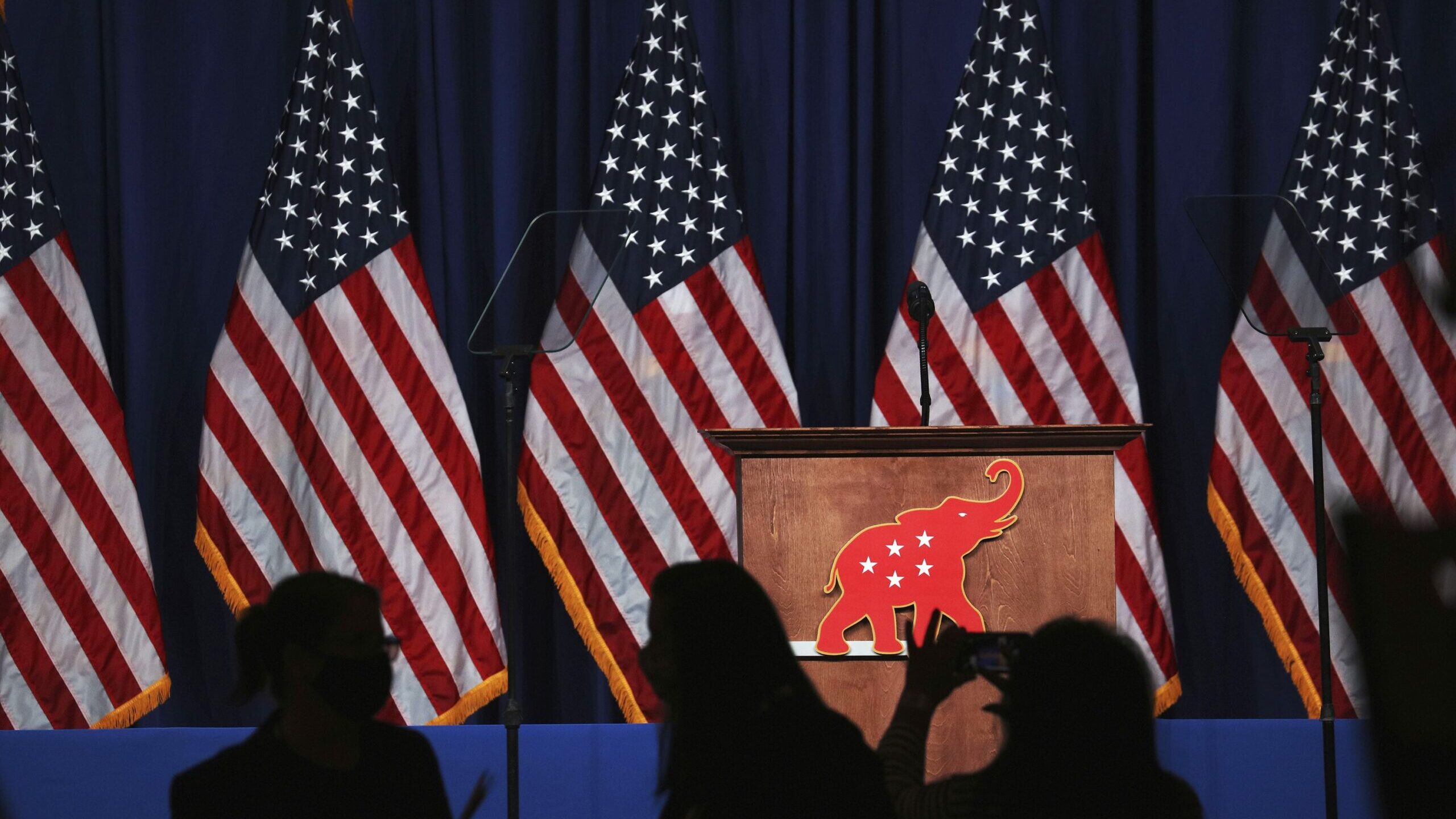Gov. Cox signs bathroom and diversity bills into law
Jan 30, 2024, 7:32 PM | Updated: Apr 23, 2024, 6:06 pm

The Capitol is pictured in Salt Lake City on Monday, Jan. 29, 2024. Gov. Spencer Cox and signed the controversial bathroom and diversity bills into law.(Kristin Murphy, Deseret News)
(Kristin Murphy, Deseret News)
SALT LAKE CITY — Gov. Spencer Cox signed six bills into law on Tuesday, including H.B. 257 and H.B. 261.
The bathroom bill
According to the official description, H.B. 257 Sex-based Designations for Privacy, Anti-bullying, and Women’s Opportunities, “establishes a standard regarding distinctions on the basis of sex and applies the standard in certain facilities and opportunities where designations on the basis of sex address individual privacy, bullying, and women’s opportunities.”
In its original form, H.B. 257 required people to use the public restroom corresponding to the sex on their birth certificate.
But after revisions, according to KSL TV, the focus of the bill became actions of anybody committing lewd and offensive behavior in a space considered private. The bill also strengthens the charges for anyone who commits that behavior in a bathroom.
“We want public facilities that are safe and accommodating for everyone and this bill increases privacy protections for all,” said Cox in a statement.
The diversity bill
H.B. 261 Equal Opportunity Initiatives “prohibits an institution of higher education, the public education system, and a governmental employer from taking certain actions and engaging in discriminatory practices.”
Specifically, H.B. 261 bans preferential treatment based on a person’s race or other characteristics within the Utah government and educational institutions.
As reported by The Deseret News, in defense of the bill, sponsor Rep. Katy Hall, R-South Ogden, said university professors were among the groups of people telling her that “something needed to be done … to reform DEI initiatives …. and maintain academic freedom.”
Hall also said, as reported by the Deseret News, that DEI initiatives on college campuses “didn’t create a welcoming atmosphere for all students.”
“We’ve been concerned about some DEI programs and policies,” Cox said in a statement, “particularly with hiring practices, and this bill offers a balanced solution.
“I’m grateful to the Legislature for not following the lead of other states that simply eliminated DEI funding with no alternative path for students who may be struggling.”
Related reading:












